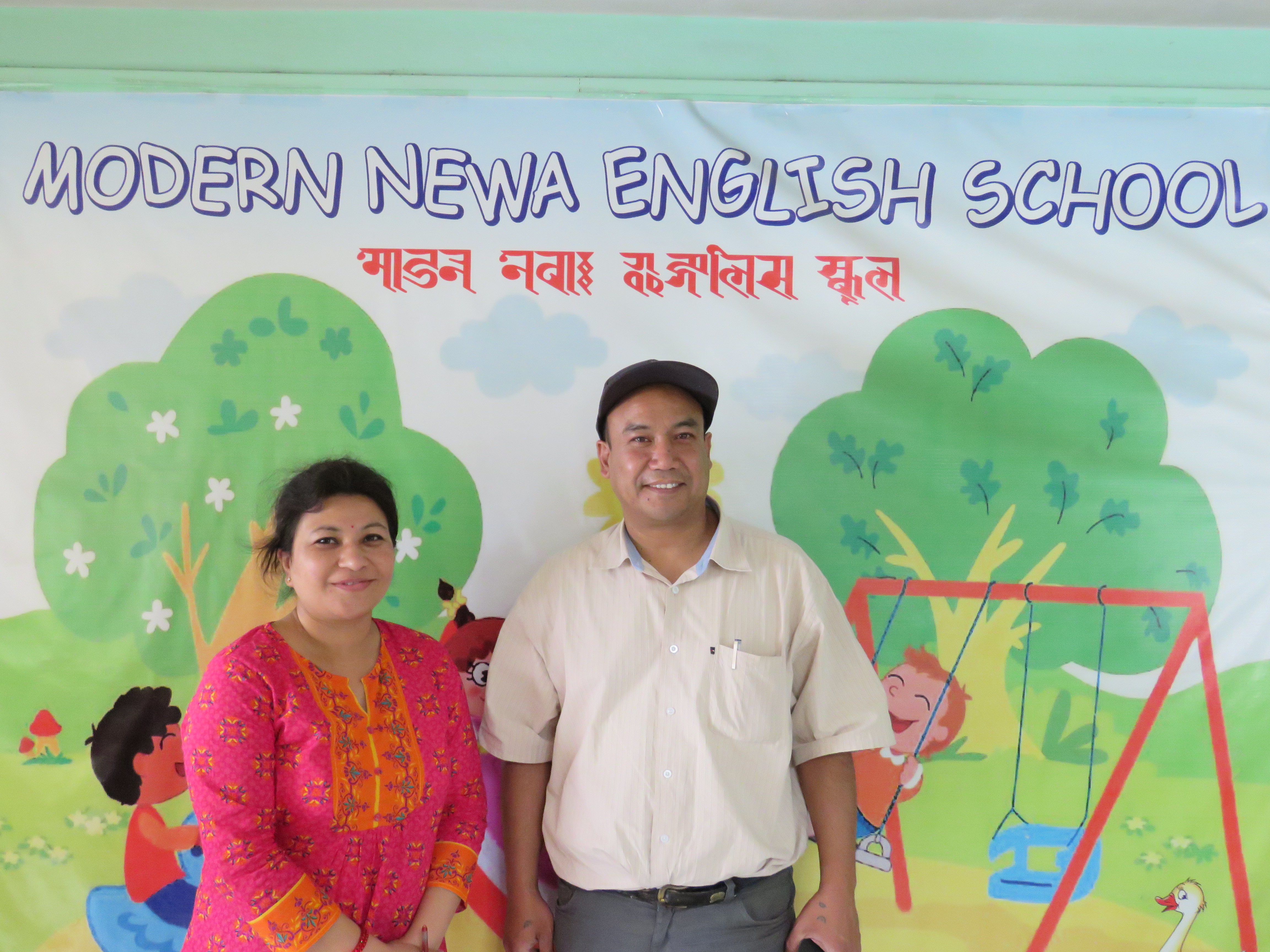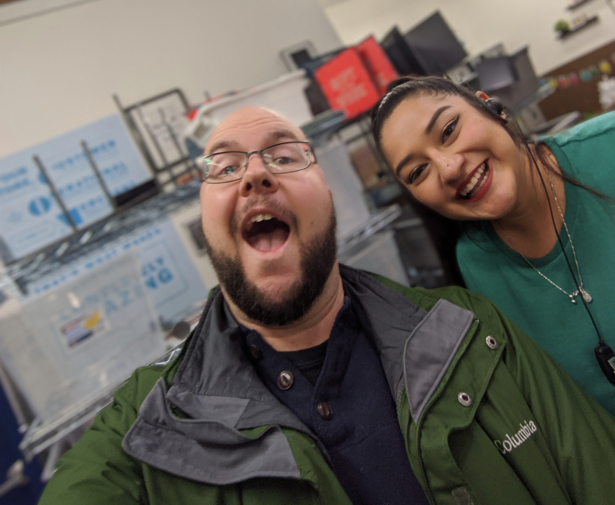
Helping Global Artisans Help Themselves
Bringing handmade fair trade to a market where it can thrive
When Ann Erickson traveled to Nepal last year, she was happy to be able to meet a number of people she had only known — and helped — remotely until then. In particular, she was excited to meet Dipak Tuladhar, who with his wife runs the Modern Newa English School in Kathmandu. In addition to a basic academic curriculum, the school teaches local children three different languages: Nepali, the official language of Nepal; Newari, the language of the indigenous inhabitants of the Kathmandu Valley; and English. And he finances the operation of the school through the sale of handmade jewelry on the Worldstock Fair Trade Store, an initiative of Erickson’s employer, Overstock.com.
Erickson is one of those lucky people who is in a position to help others as part of her job. As a senior buyer for Worldstock, she helps artisans and collectives around the world reach a broader buying public, by sourcing and helping to market the “handmade fair trade” items that are sold on the site. And for a small producer in a less developed country to be able to reach and market to consumers in the U.S. and elsewhere can make the difference between a sustainably profitable business and one that provides little more than mere sustenance.
In Tuladhar’s case, it enables a good turn by allowing him to finance a school that gives children in Kathmandu a head start, by teaching them the languages they’ll need in the working world, as well as helping to keep alive the indigenous language of Newari, which UNESCO considers under threat. Besides helping Tuladhar list jewelry and other products on the site, Erickson solicited Overstock employees to donate children’s books to the school, and arrived with hundreds of books to give away.
The help with listings is one key to what makes Erickson’s job fulfilling for her. Erickson and two colleagues often take the pictures of the products and write the copy that appears on the site, especially when working with artisans for whom a language or cultural barrier might make it difficult for them to appeal to the site’s audience. In some cases, Erickson’s team will provide information about what might be more saleable so that artisans have the chance to tweak their designs and offerings.
“Finding those products and helping those people is the best job in the world,”
The assistance can make it easier for an artisan or collective sustain itself. Erickson helps the site’s merchants take a more business-minded approach than many otherwise might. She helps them think about how to calculate the costs of any materials they might have to buy in advance, and compare their costs and pricing to those of other craftspeople. “We always tell them, Make sure you have enough in there to cover material costs, labor costs, and extra costs, so that you will benefit from this,” Erickson says. “You don’t want this to be a break-even, you want this to be a profitable business for you.”
Another benefit of her job is the fact that her work actually helps to keep certain crafts alive. “In many cases, in remote countries and areas, the crafts would probably not be passed along to the next generation if they weren’t able to sell the product,” Erickson says. “That’s another thing we’re passionate about, being able to pass along the crafts, especially in a world where we live and die in front of a computer. Who knows how to use a leather tool or sew or make jewelry or whatever the case may be? We want the traditions of handmade things to be sustained and continue on through generations.”
Worldstock has managed to make a business out of the good turns it does its merchants. And Erickson is only too glad to be a part of it. “Finding those products and helping those people is the best job in the world,” she says.
Posted March 31, 2017





